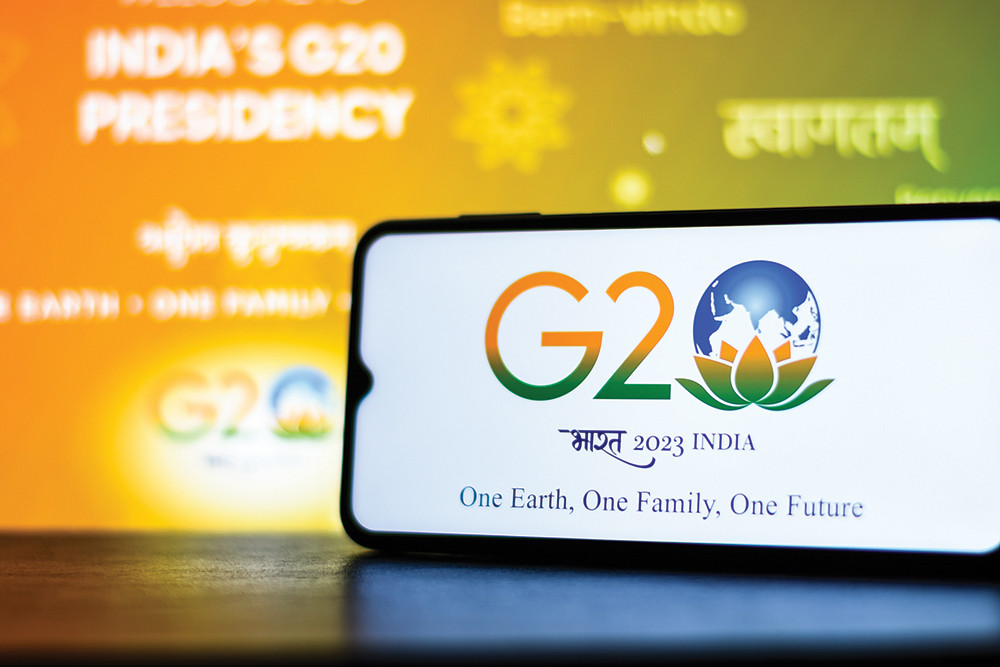
- All disasters have business implications
"Crises of all kinds have business implications. Managers need to cultivate a comprehensive and integrated understanding of global events. Polycrises occur because of multiple reasons. Therefore, solutions should also be multi-pronged."In Europe, Russia’s so-called military operations against Ukraine began on February 24. The hostilities have escalated into a full-fledged war, raising a threat of Third World War. As a result, the world is facing a rise in prices of petroleum products and shortage of food grains, particularly wheat. Retaliating to the US and NATO (North Atlantic Treaty Organisation) support to Ukraine, Russia has choked its gas pipelines to Europe whose industries and cities are facing bleak times in the harsh winters. Inflation has worsened, recession is at the doorstep and business is suffering. Some of the issues enumerated above have adversely impacted foreign direct investment (FDI) commitments to Nepal. Countries are busy fending for themselves in this hour of crisis. China, the largest investor in Nepal so far, too has curtailed its FDI pledges. Federal and provincial elections were held in the country on November 20 but political parties have yet to come to terms with government formation. Political instability and our convoluted FDI rules have dissuaded potential investors from going ahead. Iran is facing a different crisis altogether. Its morality police cracked down on women who are opposing the compulsory Islamic dress code. The anti-hijab movement by women, girls and civil society have entered its third month. As per United Nations data, 300 agitators, including 40 children, have been killed and 14,000 have been arrested in the clergy-dominated oil-rich country. This will make it all the more difficult for Iran to shake off the sanctions imposed by the US and its allies any time soon. It is feared that instability in Iran may worsen in view of the clergy’s stranglehold over the regime. Business has received more than its share of knocks. The citizenry is feeling the pinch of a contracting economy. Add to this dire situation, regular missile launches by authoritarian North Korea across Japan. Its inter-continental ballistic missiles are capable of hitting the US mainland. North Korea has fired more than 50 missiles in October and November alone. This has provoked pacifist Japan to strengthen its political muscle. Though Japan is the world’s third largest economy, its resources are not infinite. Higher militarisation is bound to affect Japan’s economy and, as a consequence, the world economy and business. So, we have seen how crises in diverse domains and geographies interact and cause damage far more lethal than the sum of those crises if they occurred in isolation. Crises of all kinds have business implications. Managers need to cultivate a comprehensive and integrated understanding of global events. Polycrises occur because of multiple reasons. Therefore, solutions should also be multi-pronged. READ ALSO:
Published Date: January 3, 2023, 12:00 am
Post Comment
E-Magazine
RELATED Business Sutra




